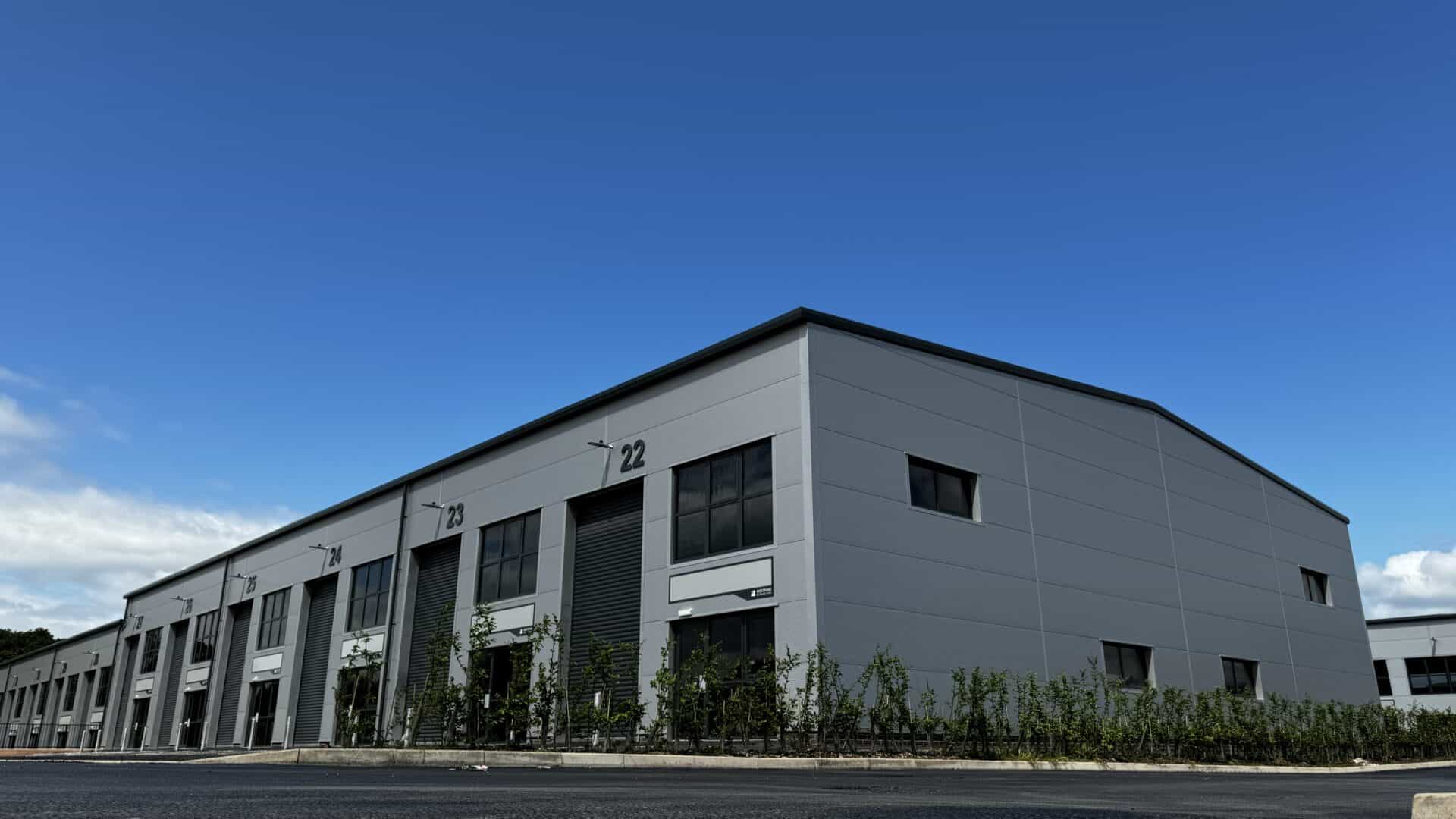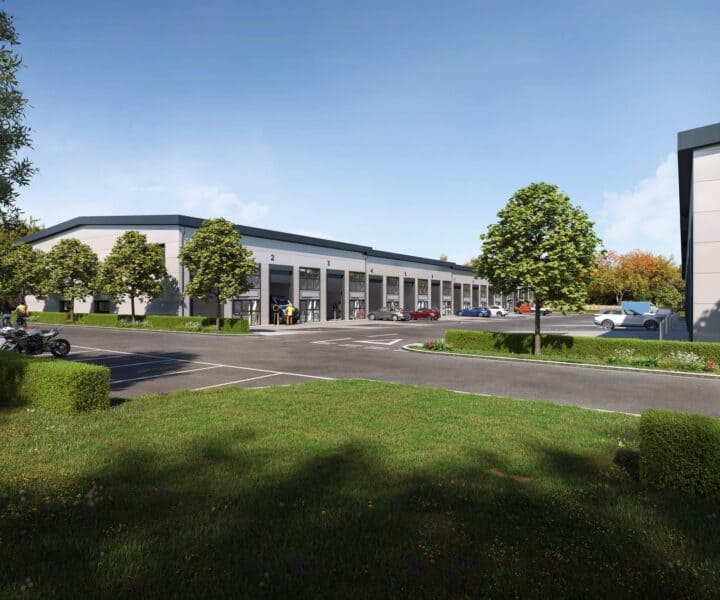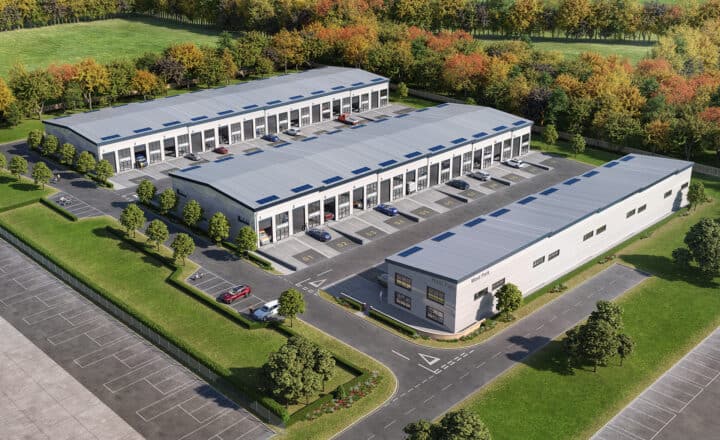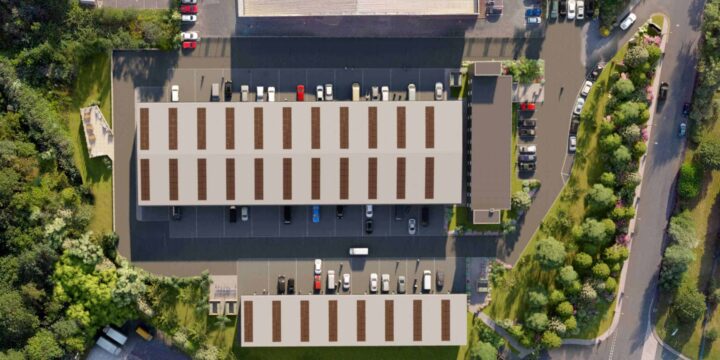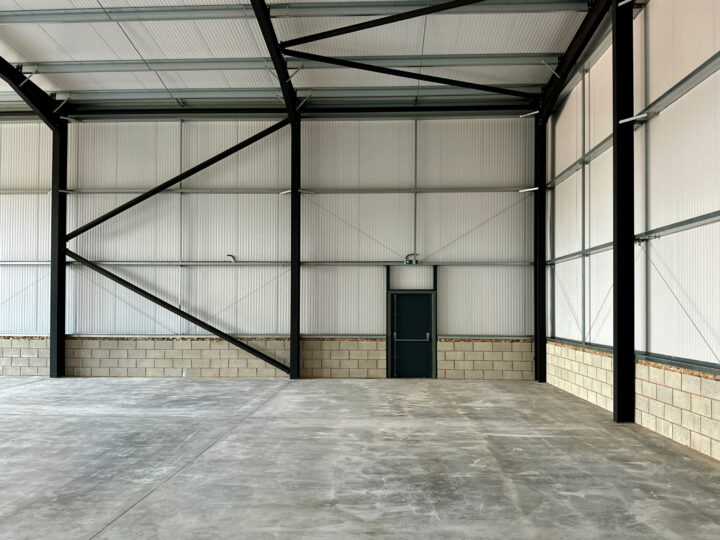The deflation of the traditional retail, office and residential investments has highlighted the next gap in the commercial property investment market. The rise in e-commerce combined with flexible working patterns has left the traditional commercial property use classes behind the curve in the market.
Over the last 5 years, we have seen a significant movement in the need for flexibility, scalability and quality in the commercial property market across the traditional use classes. Where this is seen on a scale, is the small and medium size enterprises across the UK.
It is estimated that 80% of UK business need some sort of storage, office, manufacturing or retail space in one location not serviced by traditional real estate options.
Learning from our recent developments, we provide the main reasons we are seeing investors buying multifunctional commercial units as a future-proof investment.
Increased demand for e-commerce fulfilment
The rise of e-commerce has significantly increased the demand for warehousing and fulfilment centres. Multifunctional business units are ideal for last-mile delivery services, ensuring faster and more efficient delivery to consumers.
Flexibility and scalability
Multifunctional business units offer flexibility for a variety of uses, from manufacturing and assembly to storage and distribution. Their smaller size allows businesses to scale operations up or down more easily compared to larger facilities, making them attractive for start-ups and small to medium-sized enterprises.
Lower entry costs
Investing in multifunctional business units typically requires a lower initial capital outlay compared to larger industrial properties. This lower entry cost can make these units more accessible to a broader range of investors, offering a potentially higher return on investment.
Proximity to urban areas
Multifunctional business units are often located closer to urban centres, where space is limited, and real estate prices are higher. This proximity reduces transportation costs and times, making operations more efficient and appealing to businesses looking to serve urban markets.
Growth of light industrial sectors
The growth in sectors such as technology, clean energy, and advanced manufacturing has created a demand for specialised, smaller industrial spaces. These units can cater to the specific needs of these emerging industries, making them a strategic investment choice.

